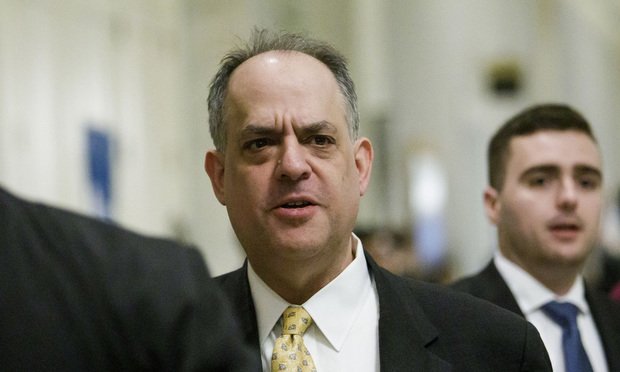Case Status: Victory. While the case was pending in the Third Circuit, the plaintiff agreed to settle the case on terms favorable to our client.
Wolk v. Olson

When attorney Ted Frank posted a blog entry on a legal reform website, he had no way of knowing that he would one day be sued in an effort to punish him for his spirited stance. CIR took on Frank’s defense to protect his vital First Amendment right to speak freely about the actions of a public figure.
Frank devotes himself to the public legal service of objecting to and breaking up abusive class action settlements. By representing disgruntled class members pro bono, he has been increasingly successful in getting bad settlements thrown out of court.
Frank’s achievements, however, were not popular among certain plaintiffs, and one prominent airplane-crash attorney, Arthur Alan Wolk, even filed a libel suit against Frank.
Free speech or libel?
Frank had contributed to overlawyered.com, a website dedicated to exposing abuses in the legal system. Based on certain facts from the record of a case in which Wolk was involved, Frank blogged about a possible conflict of interest issue involving Wolk. Frank questioned whether the judge in the case had adequately looked into the issue before signing off on the settlement.
When he allegedly learned of the article two years later, Wolk filed a libel suit against Frank and demanded compensation for the “enormous” economic injuries he claimed to have suffered due to the Frank’s comments. In an effort to bypass Pennsylvania’s one-year statute of limitations for libel actions, Wolk argued that he filed the suit late because he hadn’t known that the article existed until he had attended a continuing legal education class in which the instructor suggestion that he Google himself.The district judge rejected this argument, but Wolk appealed to the Third Circuit.
At the heart of this case is the question of whether online articles and other non-traditional journalism should be treated differently from traditional media with regard to determining when statutes of limitation begin. CIR is committed to standing against the idea that the internet should be aggressively regulated. The facts are clear – Frank’s article constitutes free speech about a matter of public concern and is fully protected by the First Amendment.
